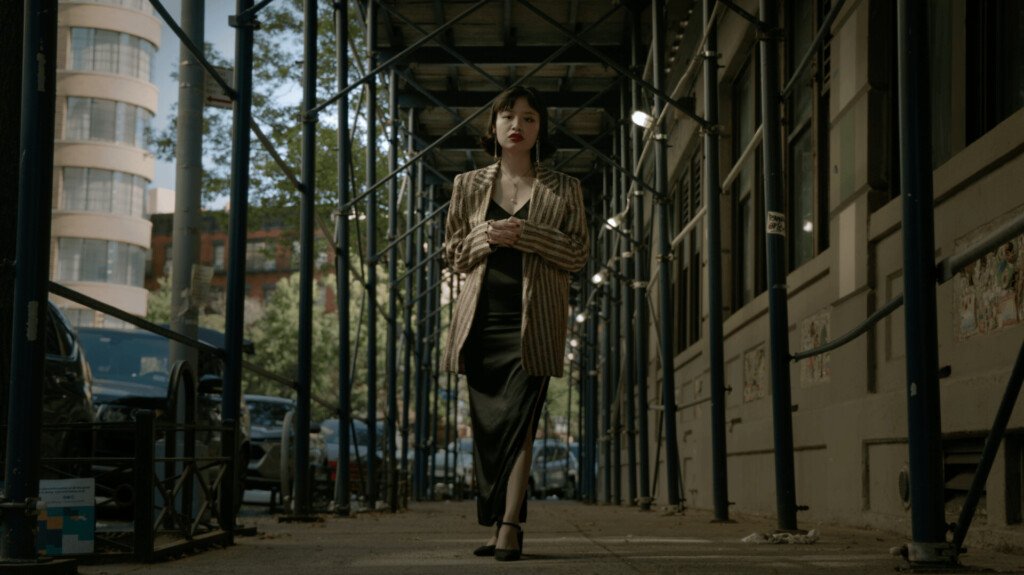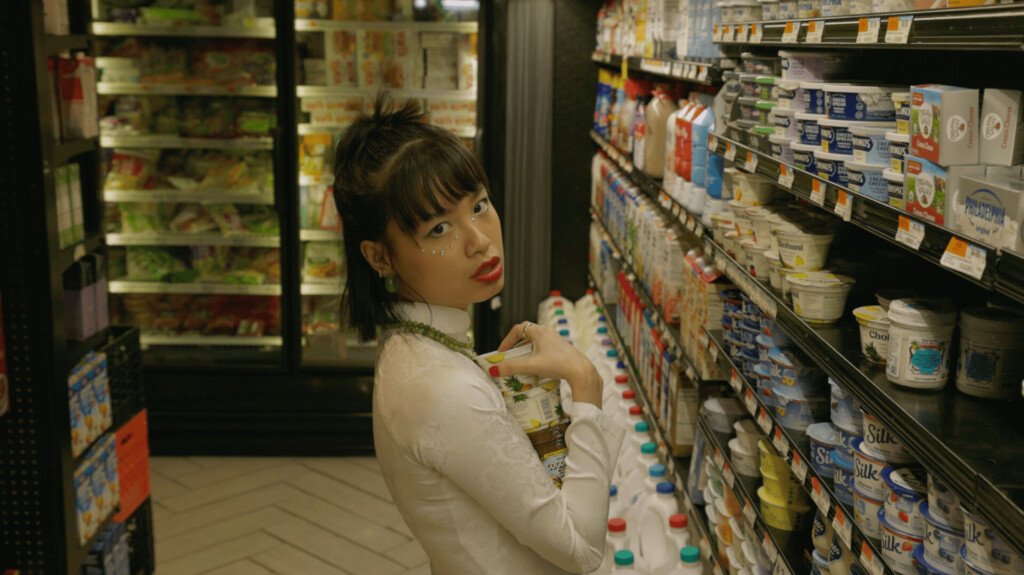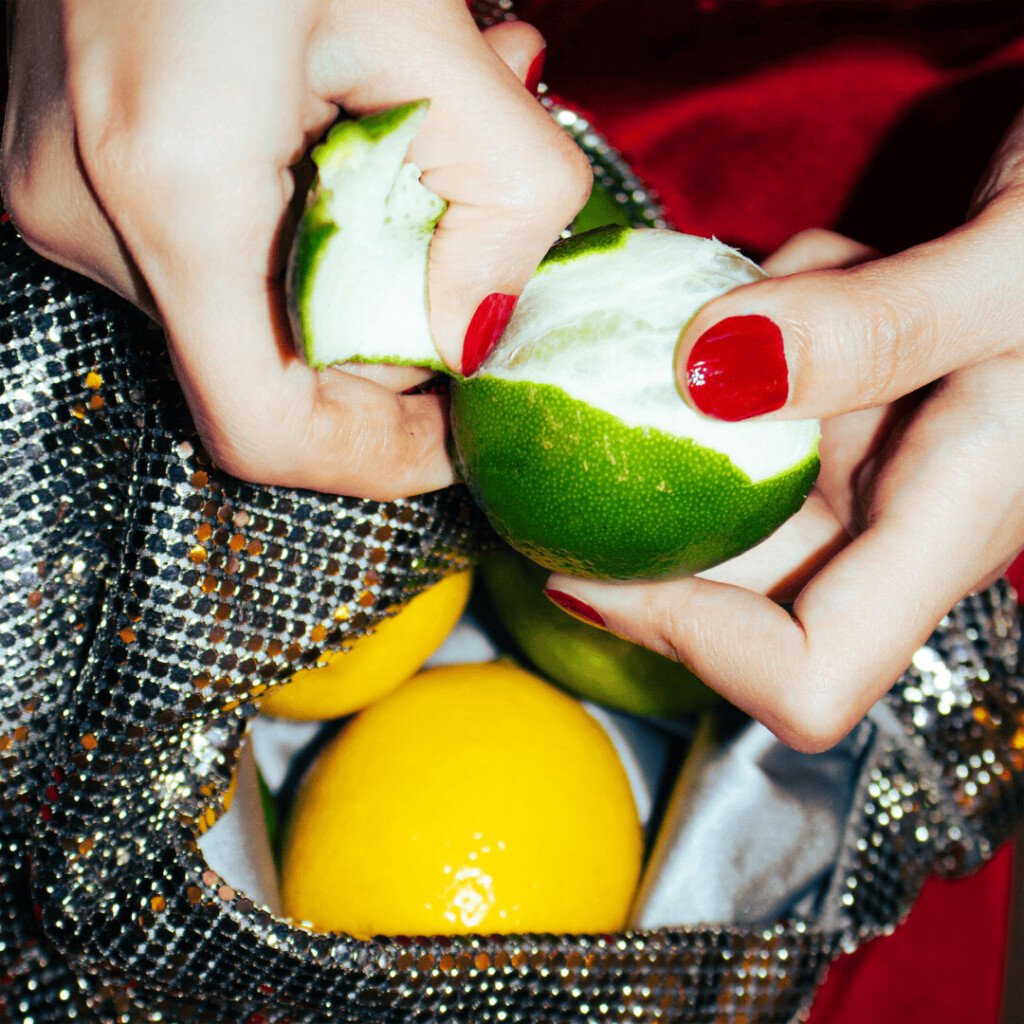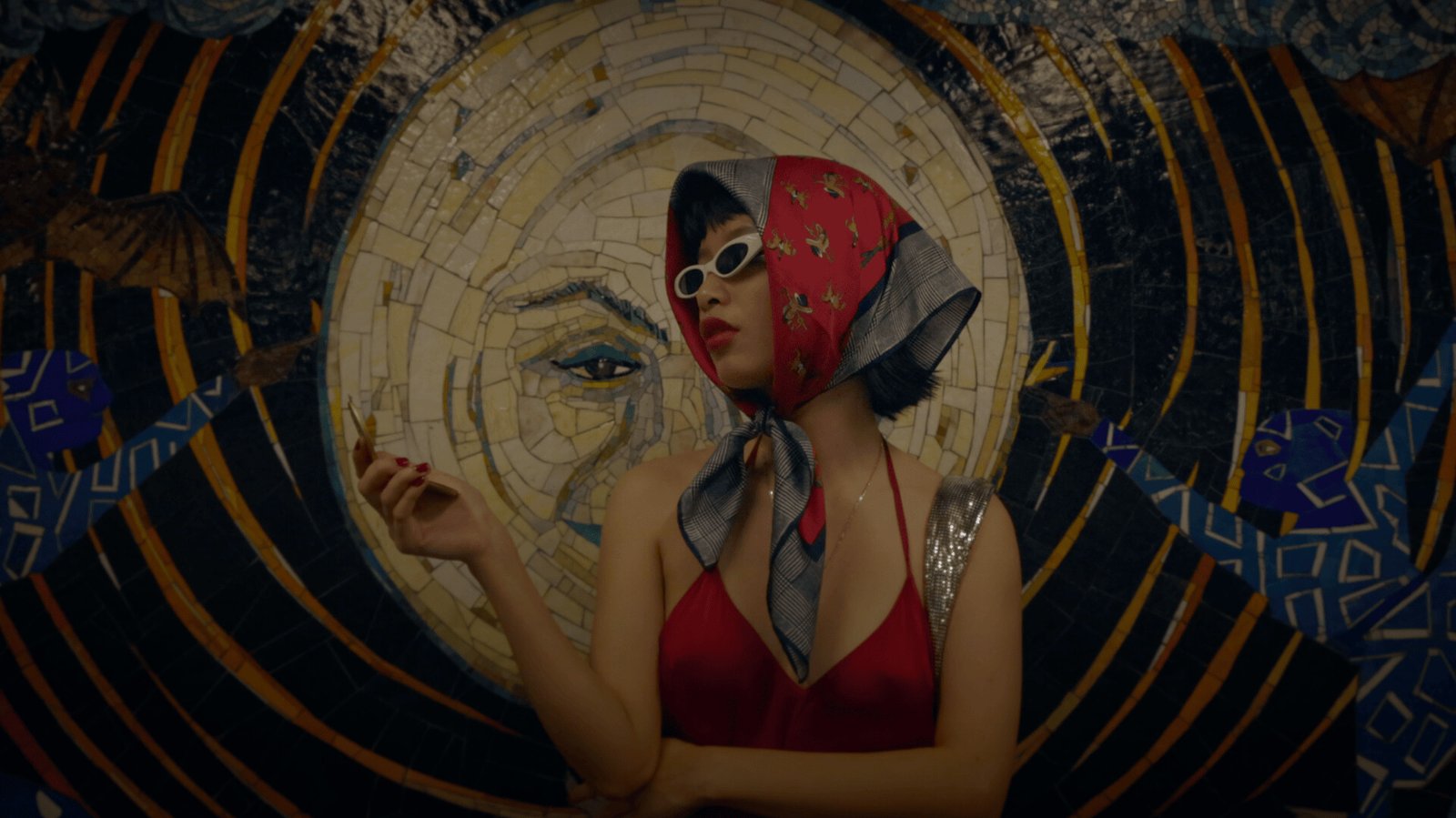The Devil at the crossroads or a victim of the times? This Halloween, Juliet By Night offers a haunting insight of what it takes to survive in late-stage capitalism. “In This Economy” comes out midnight October 31, 2024. Check out the exclusive Interview below:

1. Your roots can often shape your journey. Can you share a story or moment from your early life that had a significant impact on your path into music?
JULIET BY NIGHT: I’ve been told that I used to wrap myself in blankets, hop on the bed, and sing out the theme song of the 2003 SEA Games (that’s a big South-East Asian sports event). I’ve always liked music and performing music, just because, so the transition into writing my own songs and performing those seems quite inevitable.
2. Did your musical journey begin with formal training, or was it more of a personal exploration? How has that shaped your unique approach to your craft?
JULIET BY NIGHT: I’ve been taking vocal lesson intermittently since I was 14, and I’ve been writing little fictional stories since the third grade — so no formal training, but a lot of exercises. Writing and reading stories as a hobby certainly helped with songwriting, I learned quite early the structure of language and how to build complex and consistent metaphors. Over the years I also developed my own writing voice, which I think is about 50% of the craft, really.
3. Who were some of the most influential figures in your early musical life, and how did they inspire your sound? Also, what’s the story behind choosing the name ‘JULIET BY NIGHT’?
JULIET BY NIGHT: I literally learned English from Taylor Swift. And school, sure, but 40% of it was Taylor Swift. Even now when I sing a weird fake Southern accent still slips out, which my friends find hilarious. Swift’s artistry and ability as a musical storyteller is already well documented, so I’ll only say I hope you can see a similar tendency for comprehensive storytelling in my music, too. That means I actually learned something!
As for the name: I used to go by just Juliet, which is such a mark of hubris now that I think about it. Maybe one day I can shorten it to Juliet again, like Adele or Cher. I expanded the name to Juliet By Night around the same time as I started changing the direction of my music, from soft indie ballads to orchestral theatric upbeat songs. Juliet By Night evokes a showmanship that I want to bring to my sound and live shows, I like how it transforms Juliet from just a person to an event, a phenomenon.
4. What do you believe sets your music apart? How would you describe your sound to someone discovering you for the first time, and what emotions or experiences do you hope to evoke in your listeners?
JULIET BY NIGHT: I hope that people can tell my music apart by my writing voice and, well, my singing voice. For them to look at an object, hears a sound, and say “That’s so Juliet.” I would say that my tone strives to be layered and witty, but you tell me if I’m succeeding, haha. My friends do often describe me as a bitchy pop version of Lana Del Rey, which I take as a compliment despite not following Lana’s music that closely. In my sound, I want to bring a sense of drama, grandeur, and, let’s say, a secret third ingredient. A big emotion, any emotion, as long as it’s strong. For example, in “Perfect Lover,” I want the big emotion to be disappointment: overwhelming, bitter disappointment at the character described in the song. For “In This Economy…?” I want to evoke a sour rottenness of someone corrupted by late-stage, laissez-faire capitalism. In “Any Other Way,” it’s crushing optimism in the face of statistically likely misery. See, it’s not all bad.

5. For most artists, originality is first preceded by a phase of learning and, often, emulating others. What was this like for you? How would you describe your own development as an artist and music maker, and the transition towards your own style, which is known as ROCK?
JULIET BY NIGHT: I don’t know if my genre is rock, but I don’t pay much attention to genre, so to each their own interpretation. Lately I’ve been following Raye’s career very closely, I love her live shows where she combines her electronic music with a live orchestra, mixing her very modern material with a classic style. If someone identifies me as a Raye wannabe I’d honestly be very flattered.
6. Music often transcends entertainment. What’s your view on the role and function of music as political, cultural, spiritual, and/or social vehicles – and do you try and affront any of these themes in your work, or are you purely interested in music as an expression of technical artistry, personal narrative, and entertainment?
JULIET BY NIGHT: I believe that personal narratives are inherently political because existence is political, whether one wants it to be or not. As a political vehicle, music is functionally the same as any other art form, same as a person using their voice to state an opinion. It is all just self-expression. The distribution afforded to one’s music is what decides the size of their platform and makes all the difference.
In my earlier releases I try to use my love songs as a vehicle for social commentary. “American Child” speaks of disillusionment with the American Dream manifested in modern dating culture. However, lately I’ve found myself too impatient and impolite for long-running metaphors, opting instead for blunt in-character narratives like “In This Economy…?” Maybe I’m just getting older and crankier.
7. Do you feel the rewards of your musical career match the energy and passion you invest in it, or are there different kinds of fulfillment you’re still seeking?
JULIET BY NIGHT: My preferred rewards would be 50 boats’ worth of money, so my answer right now would be no. 50 boats’ worth of money with a generally recognized artistic integrity. Don’t worry, I don’t actually have use for 50 boats, I already promised to redistribute them to friends, family, and other people in desperate needs of boats.
8. What’s been the most challenging hurdle in either your personal life or music career, and how has it shaped you as an artist?
JULIET BY NIGHT: The biggest hurdle for me, and I believe for many others, is distribution. How do I get my art in front of people who will like it? How do I create, grow, and maintain a platform? It’s a matter of research, finance, and many hours of engaging in the humiliating ritual of content creating. I am actively writing music about this, but let’s wait and see if they turn out to be good songs.
9. On the flip side, what moment or achievement in your career so far has made you feel the proudest, and why? And let’s talk about your latest release and future plans.
JULIET BY NIGHT: I’m actually quite proud of my latest release, “In This Economy…?” For one, it’s the first time I talk in a song released under my name, I hope I have a pleasant speaking voice, I’m still running a poll on that. The song comes out of many months of job searching in a rough job market, fresh out of college and barely surviving — it’s certainly the most pissed off I’ve ever sounded in a song. I didn’t have a budget to make a music video for this, but I did it anyway, with a total spend of $40 – $50, thanks largely to generous friends who lent me their cameras and their time. It was an exhausting month of preparation and shooting, but what came out on the other end matched the vision in my head perfectly. I’m sure I’ll tire of it soon enough and move to the next thing, which is coming February 2025, but for now I just like to go over project files and giggle.
10. With social media having a heavy impact on our lives and the music business in general, how do you handle criticism, haters, and/or naysayers in general? Is it something you pay attention to, or simply ignore?
JULIET BY NIGHT: I got my first hate comment the other day! I was so excited. This random person called me “Walmart Taylor Swift,” which, you know, is fine. Love that for me. I already said that I adore Taylor Swift.
Social media does make people ruder, that’s just a fact. I want to strike a balance between not standing for harassment and conserving my energy for intelligent coherent criticism. Right now, though, it’s just something I ignore — I’m tired, guys, I have a job and, like, things to do.
11. Creative work in a studio or home environment, or interaction with a live audience? Which of these two options excites you most, and why?
JULIET BY NIGHT: I love a live audience, especially one that’s game to sing along or dance or get loud. I think musicians feed on this energy. The birth of a song is small and private and wonky and fragile, and seeing the same maturing and flourishing in front of an audience who enjoys it or maybe even knows it by heart is one of the most fulfilling experiences I can have.
12. Do you think is it important for fans of your music to understand the real story and message driving each of your songs, or do you think everyone should be free to interpret your songs in their own personal way?
JULIET BY NIGHT: I like to explain the backstory to the songs in my shows, just to get it out there. I’ve found that converting listeners into followers have a lot to do with the stories behind the songs, stories that belong to the artist. That said, I want my audience to hear the explanation after they’ve had the chance to think about the song first — it’s always nice when people actively engage with media. That’s how a song can live both lives: big, out there, common shared, and small, private, specifically and personally relatable.
KEEP IN TOUCH:
FACEBOOK | INSTAGRAM | SPOTIFY | TIKTOK | WEBSITE | YOUTUBE


